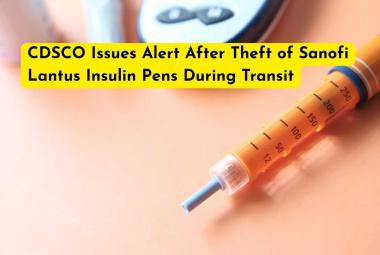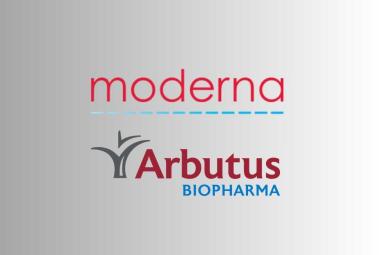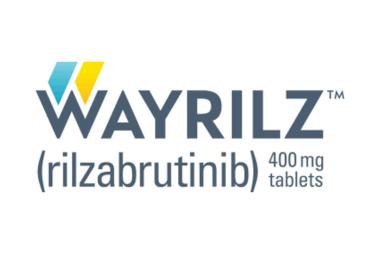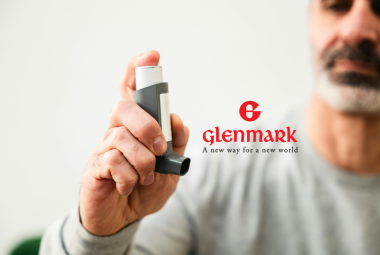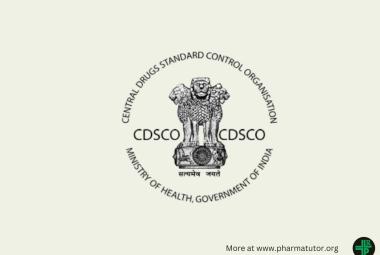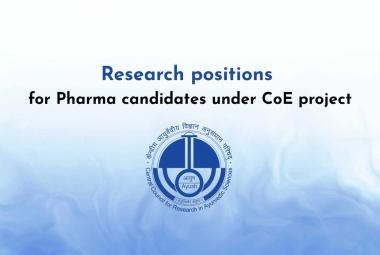Regeneron Pharmaceuticals, Inc. and Sanofi announced that the U.S. Food and Drug Administration (FDA) has approved Dupixent® (dupilumab) for the treatment of adult patients with bullous pemphigoid (BP).
BP primarily affects elderly patients, and is characterized by intense itch, painful blisters and lesions, as well as reddening of the skin. It can be chronic and relapsing with underlying type 2 inflammation. The blisters and rash can form over much of the body and cause the skin to bleed and break down, resulting in patients being more prone to infection and affecting their daily functioning. Available treatment options are limited and can add to overall disease burden by suppressing a patient’s immune system.
“People affected by bullous pemphigoid endure unrelenting itch and painful blisters that can damage the skin. Until now, these primarily elderly patients have had limited therapeutic options available, with potential side effects that have often added to their burden,” Patrick Dunn, Executive Director at the International Pemphigus and Pemphigoid Foundation. “The approval of Dupixent for bullous pemphigoid brings a novel treatment approach to patients and their caregivers, and we are grateful for the tireless efforts of the scientific community who helped us reach this critical milestone.”
“Today’s approval extends the remarkable ability of Dupixent to transform treatment paradigms for people living with a variety of diseases with underlying type 2 inflammation, from common conditions like asthma and atopic dermatitis, to rarer ones such as eosinophilic esophagitis and prurigo nodularis, and now including bullous pemphigoid,” said George D. Yancopoulos, M.D., Ph.D., Board co-Chair, President and Chief Scientific Officer at Regeneron, and a principal inventor of Dupixent. “Dupixent has shown the potential to improve the most challenging effects of bullous pemphigoid, while helping some patients achieve sustained disease remission and decreased oral corticosteroid use. Additionally, this approval further reinforces the demonstrated safety profile of Dupixent in a broad age range of patients, from infants to elderly people, and across dermatological, respiratory and gastrointestinal diseases.”
The FDA approval is based on data from the pivotal ADEPT Phase 2/3 trial that evaluated the efficacy and safety of Dupixent compared to placebo in adults with moderate-to-severe BP. Patients were randomized to receive Dupixent 300 mg (n=53) or placebo (n=53) added to standard-of-care oral corticosteroids (OCS). During treatment, all patients underwent a protocol-defined OCS tapering regimen if control of disease activity was maintained. During the FDA review, the analyses were updated; the FDA-approved results at 36 weeks in the label for Dupixent compared to placebo are:
• 18.3% of patients experienced sustained disease remission compared to 6.1% (12.2% difference; 95% confidence interval: -0.8% to 26.1%), the primary endpoint
• 38.3% of patients achieved clinically meaningful itch reduction compared to 10.5%
• Median cumulative OCS dose was 2.8 grams compared to 4.1 grams
In this elderly population, the most common adverse events (≥2%) more frequently observed in patients on Dupixent compared to placebo were arthralgia, conjunctivitis, blurred vision, herpes viral infections and keratitis. Additionally, 1 case of acute generalized exanthematous pustulosis was reported in 1 patient treated with Dupixent and 0 patients treated with placebo.
“Until now, treating bullous pemphigoid was very challenging for elderly patients struggling with the debilitating impact of blisters and lesions, and potentially co-morbid conditions,” said Alyssa Johnsen, M.D., Ph.D., Global Therapeutic Area Head, Immunology and Oncology Development at Sanofi. “By addressing two central drivers of the underlying type 2 inflammation that contributes to bullous pemphigoid, Dupixent is the first targeted medicine to allow patients the potential to achieve sustained remission and reduce itch. This approval in the U.S. is important for the thousands of patients living with bullous pemphigoid, and we look forward to working with regulators around the world to bring this innovative medicine to more patients in need.”
The FDA evaluated Dupixent under Priority Review, which is reserved for medicines that represent potentially significant improvements in efficacy or safety in treating serious conditions. Dupixent was previously granted Orphan Drug Designation by the FDA for BP, which applies to investigational medicines intended for the treatment of rare diseases that affect fewer than 200,000 people in the U.S. Additional regulatory applications are also under review around the world, including in the EU, Japan and China.
About the Dupixent BP Pivotal Trial
ADEPT was a randomized, Phase 2/3, double-blind, placebo-controlled trial evaluating the efficacy and safety of Dupixent in 106 adults with moderate-to-severe BP for a 52-week treatment period. After randomization, patients received Dupixent or placebo every two weeks after an initial loading dose, along with OCS treatment. During treatment, OCS taper was initiated after patients experienced two weeks of sustained control of disease activity. OCS tapering could start between four to six weeks after randomization and was continued if disease control was maintained, with the intent of completion by 16 weeks. After OCS tapering, patients were only treated with Dupixent or placebo for at least 20 weeks (rescue treatment could be used if required).
The primary endpoint evaluated the proportion of patients achieving sustained disease remission at 36 weeks. Sustained disease remission was defined as complete clinical remission with completion of OCS taper by 16 weeks without relapse after completion of the OCS taper and no rescue therapy use during the 36-week treatment period. Relapse was defined as appearance of ≥3 new lesions a month or ≥1 large lesion or urticarial plaque (>10 cm in diameter) that did not heal within a week. Rescue therapy could include treatment with high-potency topical corticosteroids, OCS (including increase of OCS dose during the taper or re-initiation of OCS after completion of the OCS taper), or systemic non-steroidal immunosuppressive medications or immunomodulating biologics.
About Dupixent
Dupixent is an injection administered under the skin (subcutaneous injection) at different injection sites. In adults with BP, Dupixent 300 mg is administered every other week after an initial loading dose, and in combination with a tapering course of oral corticosteroids. Dupixent is intended for use under the guidance of a healthcare professional and can be given in a clinic or at home after training by a healthcare professional.



